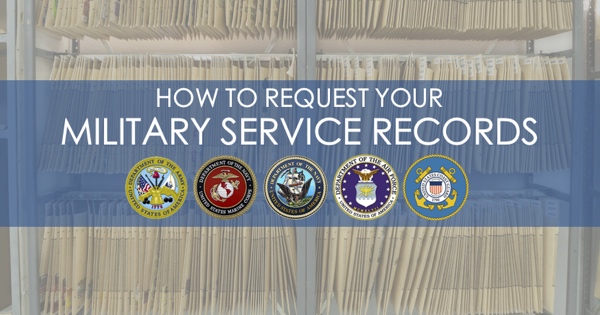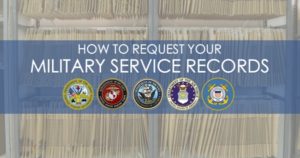
Getting a DD-214, Service Medical Records, or Other Military Service Information for Your Client
 Once a United States servicemember has been released from active duty, they are issued a DD-214. The DD-214 is a critical document, in that it records the member’s discharge classification (e.g. Honorable, General, Other than Honorable, Bad Conduct, Dishonorable), lists their tours of foreign duty, and assigns a re-entry code. The DD-214 is proof of service, and is used to verify eligibility for government benefits, including the GI Bill, VA loan, and others. Additionally, whether applying for a home loan, renewing a driver’s license, or applying for a college scholarship, the DD-214 is very useful.
Once a United States servicemember has been released from active duty, they are issued a DD-214. The DD-214 is a critical document, in that it records the member’s discharge classification (e.g. Honorable, General, Other than Honorable, Bad Conduct, Dishonorable), lists their tours of foreign duty, and assigns a re-entry code. The DD-214 is proof of service, and is used to verify eligibility for government benefits, including the GI Bill, VA loan, and others. Additionally, whether applying for a home loan, renewing a driver’s license, or applying for a college scholarship, the DD-214 is very useful.
In my line of work, I often need to see my client’s DD-214 in order to show the prosecutor that my client is an honorably discharged veteran or to help them apply for a Veteran’s Court program. Additionally, service medical records and other administrative documents contained within an Official Military Personnel File (OMPF) are often useful when defending a criminal case.
Use Standard Form 180 (SF-180) to Apply for Military Service Record Documents
The Standard Form 180, Request Pertaining to Military Records (SF-180) is used to request information from military records. Certain identifying information is necessary to determine the location of an individual’s record of military service. When filling out the SF 180, you should try to answer each item on the form, if possible. If you do not have and cannot obtain the information for an item, write “NA,” meaning the information is “not available,” but try to include as much of the requested information as you can. Incomplete information on the SF 180 can delay response time. To determine where to mail the request form, look at Page 2 of the SF-180 for record locations and facility addresses.
What Information Do I need in Order to Make a DD214 Request?
The following information is required to request military service records, including a DD-214:
- Veteran’s complete name used while in service
- Service number (usually, the Social security number, until recently when the DOD moved to a new DOD ID#)
- Branch of Service.
- Dates of entry and Date of release of service
- Date and place of birth
How Long Does it Take to Receive Military Records and How Much Does it Cost?
I can only speak from experience. Every time I have requested military records from one of my clients, using the SF-180, I have received the requested personnel records within 45 days from the applicable records center. If you fill out as much of the SF-180 as possible, then the chances are that you will receive a response from the records center faster than if you leave items blank. Additionally, if you are request personnel documents on behalf of a military veteran client, then you’ll want to include a Power of Attorney with your request. I typically have the client sign the request form but then use my office address as the place to mail the records. You can check the status of your records request by telephone at NPRC Customer Service Line (314) 801-0800.
There is no cost, typically, for receiving a DD-214, medical records, or a basic OMPF. Some records will involve a fee, but you will be contacted if that is the case, prior to them sending you the records.
Expedited Service for Military Service Records
If you need records immediately, for a funeral, trial, or something urgent, you should try using the service (eVetRecs) from the National Archives. They strive for a 2-day turnaround on urgent requests. You could also use this service instead of the SF-180 if you choose, even if your request is not urgent.
If you are a retired or discharged military member and you do not have several copies (or an e-copy) of you DD-214, you should download the SF-180 and request your records today. You never know when you’ll need them.
*PLEASE NOTE: Our firm only assists current clients in retrieving military service records as needed for their cases. Do to time limitations, we cannot help others in getting their military records. But hopefully, some of the information on this article will help you get your records.




 Texas has more military veterans than any other state. In the wake of the recent wars in Iraq and Afghanistan, many have difficulty transitioning from military service to civilian life. Some veterans suffer from PTSD or Traumatic Brain Injuries and others fall into addiction. Plagued by these ailments, some Texas veterans find themselves in the criminal justice system.
Texas has more military veterans than any other state. In the wake of the recent wars in Iraq and Afghanistan, many have difficulty transitioning from military service to civilian life. Some veterans suffer from PTSD or Traumatic Brain Injuries and others fall into addiction. Plagued by these ailments, some Texas veterans find themselves in the criminal justice system.





